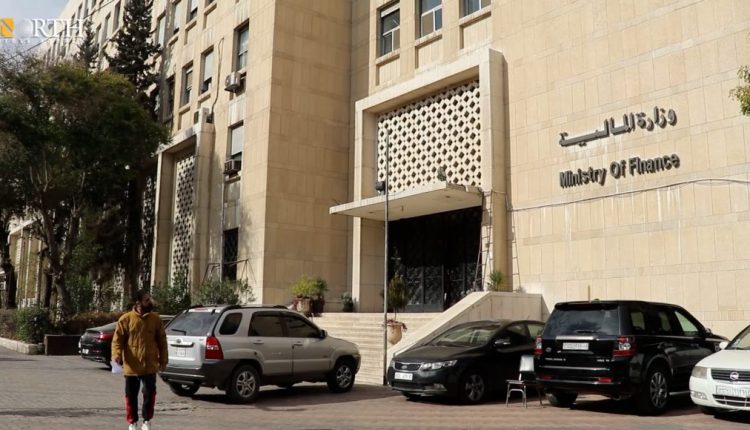Syria’s “Sham Cash” Payroll Policy Raises Security and Infrastructure Concerns
By Kardo Roj
DAMASCUS, Syria (North Press) – Syria’s Ministry of Finance has come under scrutiny following its recent decision to implement “Sham Cash” as the sole platform for disbursing public sector salaries beginning May 2025. The move, part of a broader digitization effort, has raised concerns among economic experts regarding its potential economic, logistical, and cybersecurity implications.
Hassan Hazouri, professor at the Faculty of Economics in Damascus, acknowledged the value of transitioning to digital payroll systems, describing it as “an important and necessary development.” However, he emphasized that the lack of adequate infrastructure and regulatory preparedness renders the initiative premature and possibly counterproductive.
Under the current plan, salaries will be transferred exclusively via “Sham Cash,” with only two authorized money transfer companies—Al-Haram and Al-Fouad—handling transactions. Hazouri warned this arrangement risks reinforcing monopolistic practices. He further noted that restricting access to only two firms could result in long queues, diminishing workplace efficiency and public trust in digital payment systems.
“The absence of alternative service providers undermines market competitiveness and could lead to significant delays, particularly in rural and underserved regions,” Hazouri said.
He added that such monopolization not only restricts user choice but also contradicts principles of economic decentralization, which are essential for building a resilient financial ecosystem.
Hazouri expressed further concern over data privacy and system vulnerability, stating that widespread adoption of the app without robust cybersecurity measures may expose users to data theft or misuse. He highlighted a general lack of confidence among the public in digital platforms, compounded by Syria’s unstable internet infrastructure.
“The digital literacy gap and unreliable connectivity—especially in rural areas—could severely limit the program’s accessibility and usability,” he added.
To mitigate potential disruptions, Hazouri proposed a gradual rollout of the system, starting with limited sectors such as education or healthcare. This phased approach, he argued, would allow authorities to assess performance, gather feedback, and address operational gaps before full implementation.
He also called for the inclusion of both public and private banks in the digital payroll ecosystem, instead of relying solely on private money transfer firms. This diversification, he noted, would broaden service access and improve financial oversight.
Further recommendations included:
Establishing temporary support centers in all provinces to assist users unfamiliar with digital tools.
Offering free or low-cost cash withdrawal services, with a cap on commission fees not exceeding 0.1%, instead of the current 0.5%.
Linking the “Sham Cash” platform with other essential public services, such as utility payments, to increase user engagement and perceived value.
Expanding service coverage to remote areas by cooperating with telecom providers and requiring money transfer companies to operate withdrawal points in villages.
Hazouri also urged the formation of a regulatory committee comprising representatives from the Ministry of Finance, the Central Bank of Syria, and the Telecommunications Authority. This body would be responsible for monitoring the system’s rollout, addressing grievances, and ensuring compliance by the operating companies.
“Transparent oversight and stakeholder coordination are critical to the program’s success,” he concluded.
As the Ministry of Finance prepares to enforce the new payroll method next month, the feedback from economic professionals highlights the importance of balanced policy execution that safeguards user data, prevents service bottlenecks, and ensures equitable access to financial services across the country.

